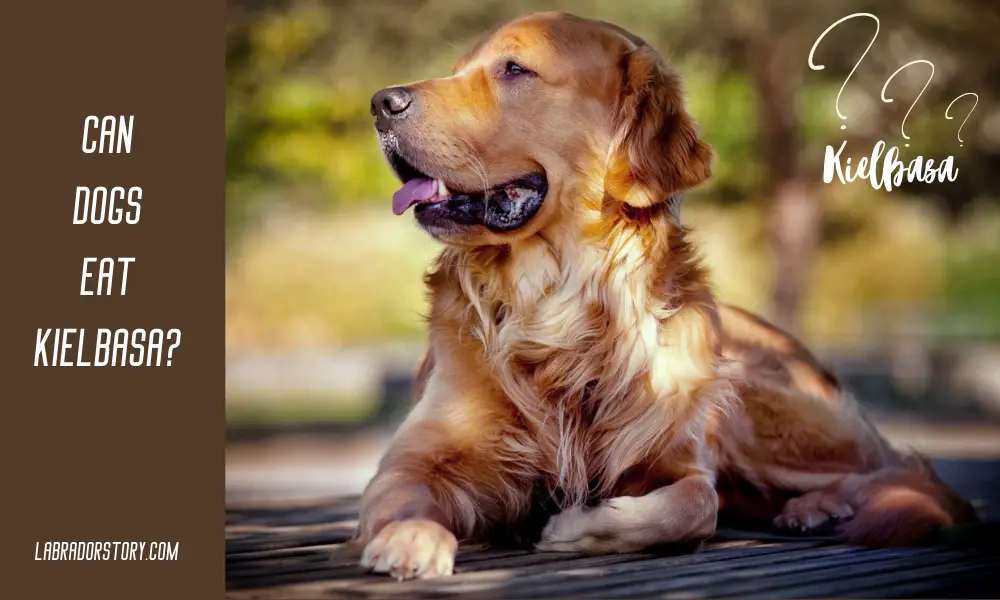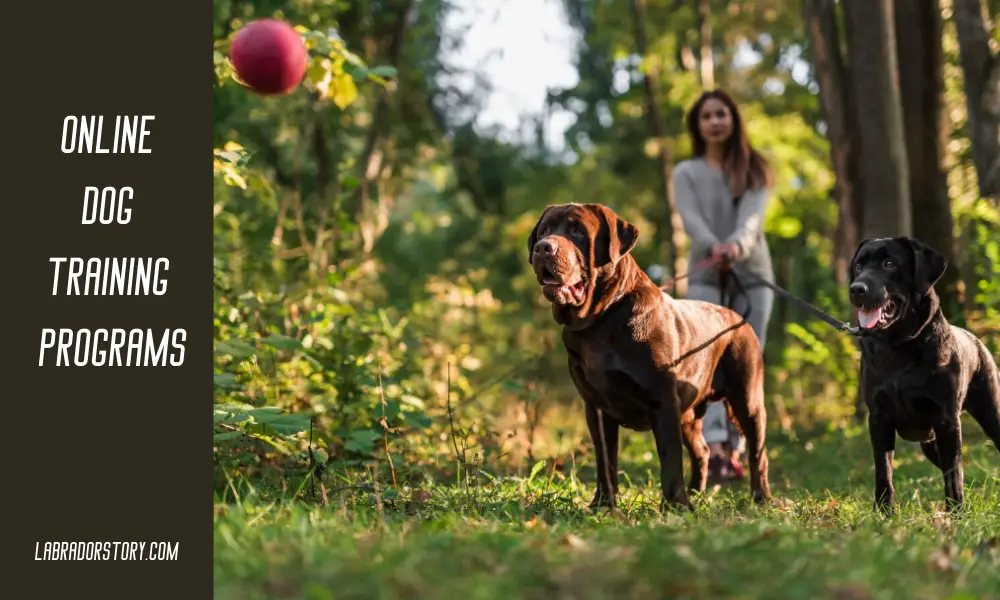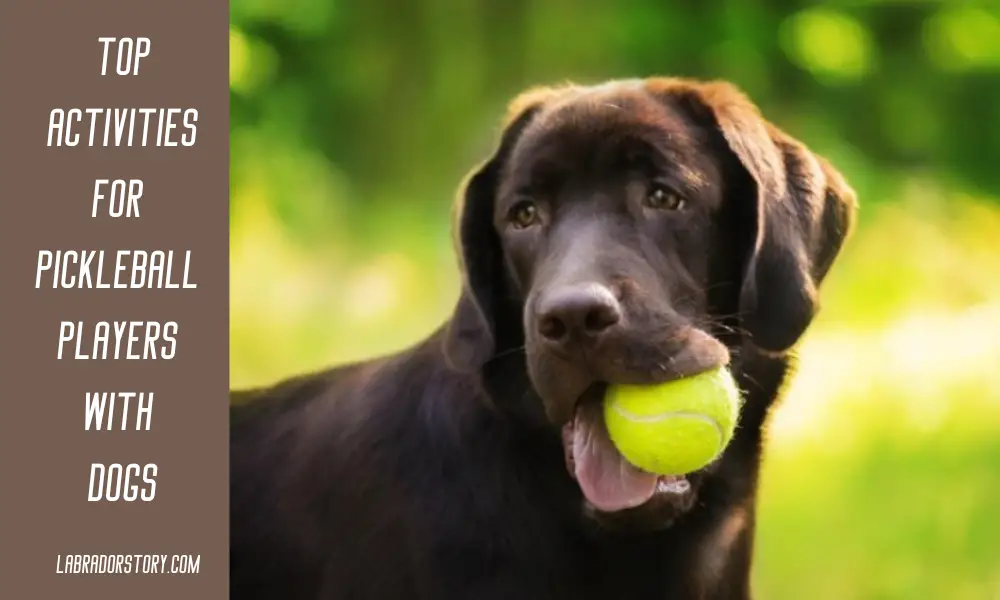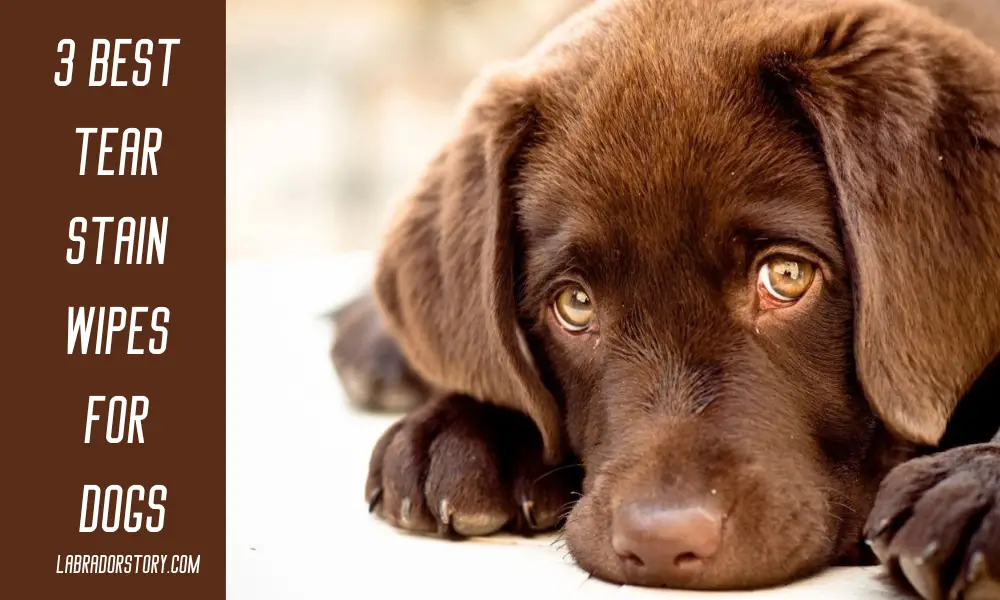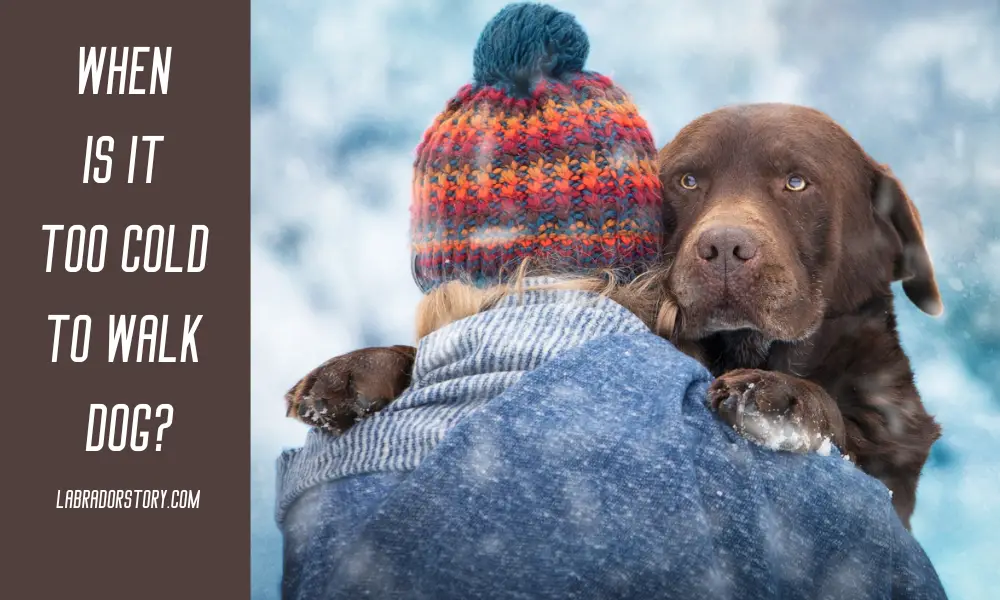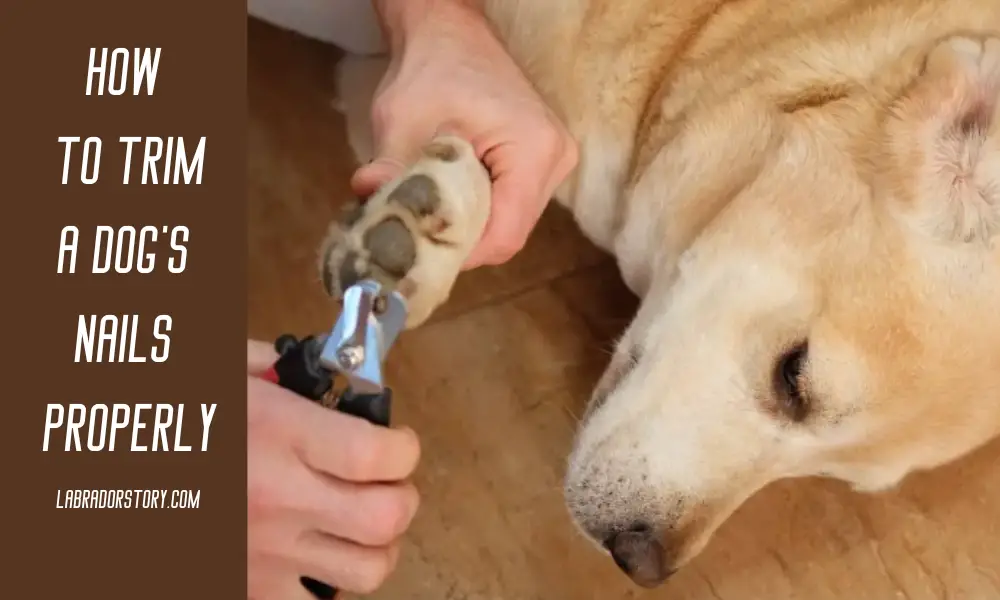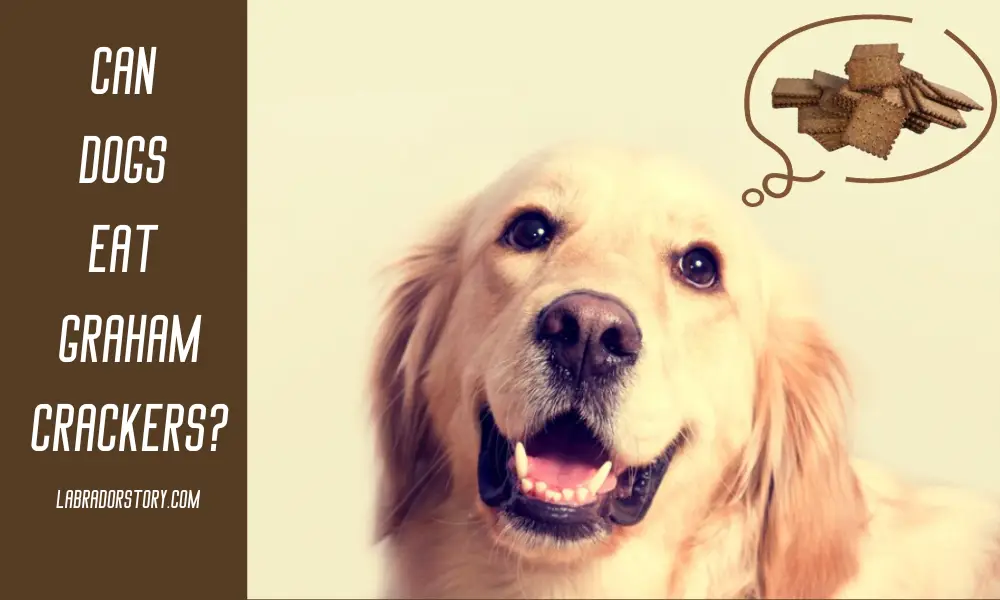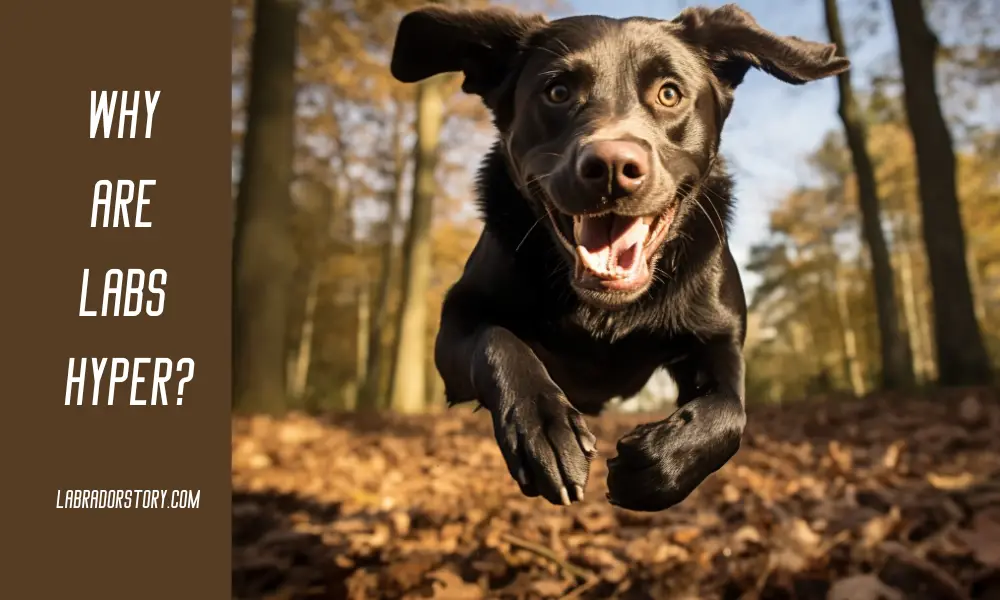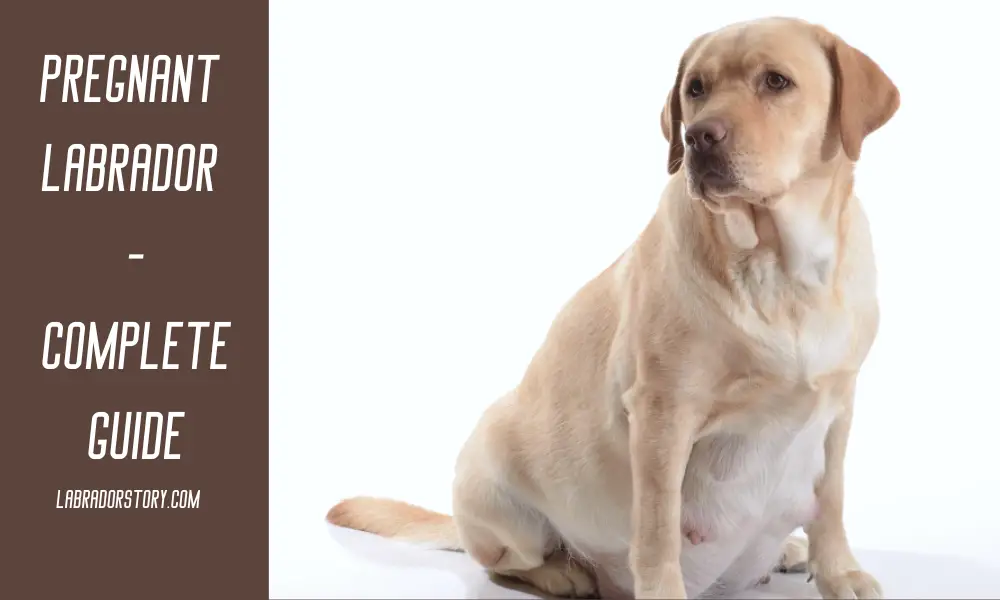Can Dogs Eat Yellow Rice – Is it Dangerous For Dogs?
Hi my name is Linda Richard, and I am continuing my series on what foods you can serve your four-legged friends and which ones are best not to. I look at the important factors and make recommendations based on my personal experience and consultation with leading experts. Today I want to talk about: Can dogs … Read more

